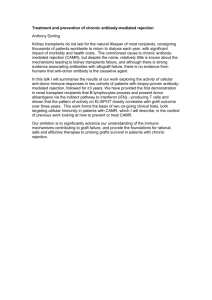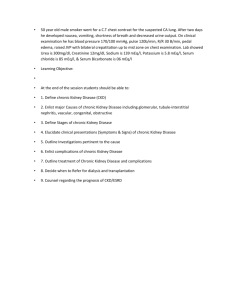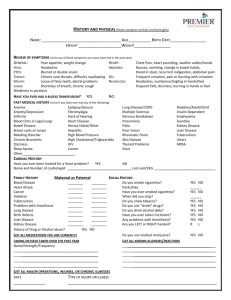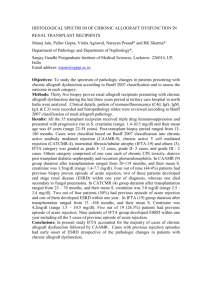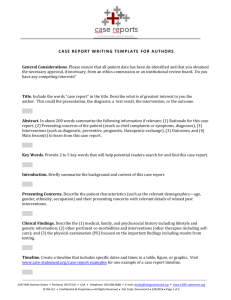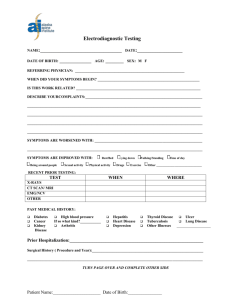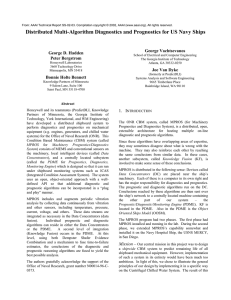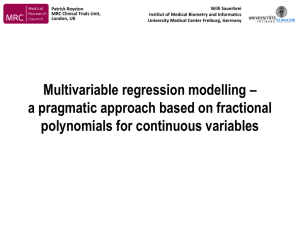“Applied genomics to measure and treat renal allograft dysfunction”
advertisement
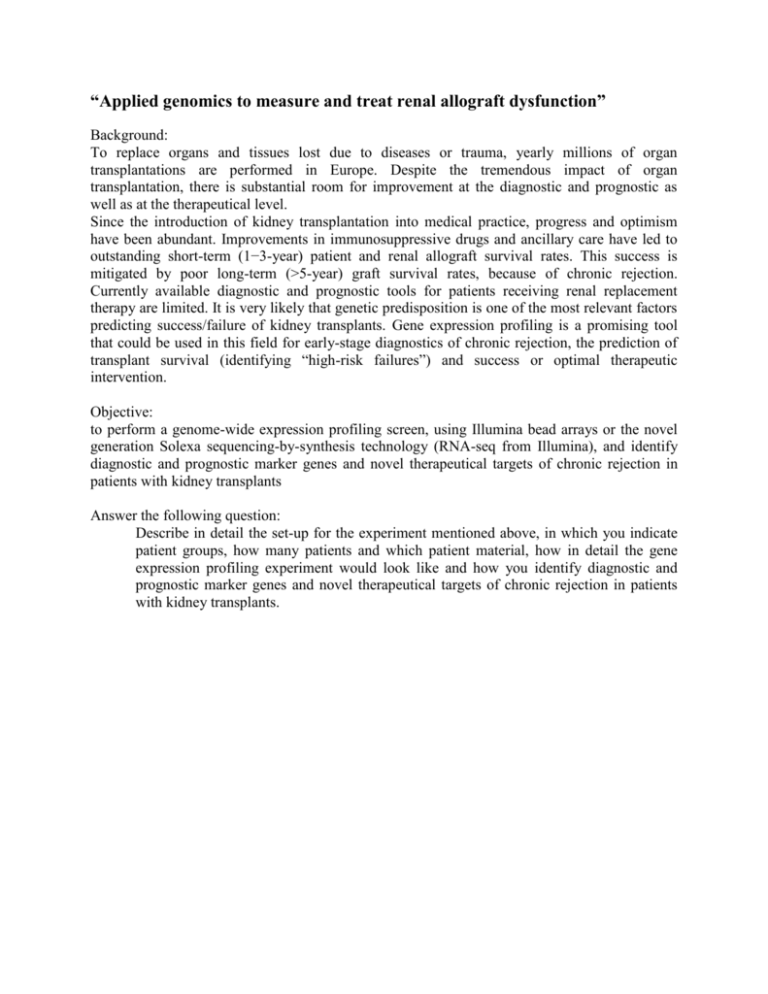
“Applied genomics to measure and treat renal allograft dysfunction” Background: To replace organs and tissues lost due to diseases or trauma, yearly millions of organ transplantations are performed in Europe. Despite the tremendous impact of organ transplantation, there is substantial room for improvement at the diagnostic and prognostic as well as at the therapeutical level. Since the introduction of kidney transplantation into medical practice, progress and optimism have been abundant. Improvements in immunosuppressive drugs and ancillary care have led to outstanding short-term (1−3-year) patient and renal allograft survival rates. This success is mitigated by poor long-term (>5-year) graft survival rates, because of chronic rejection. Currently available diagnostic and prognostic tools for patients receiving renal replacement therapy are limited. It is very likely that genetic predisposition is one of the most relevant factors predicting success/failure of kidney transplants. Gene expression profiling is a promising tool that could be used in this field for early-stage diagnostics of chronic rejection, the prediction of transplant survival (identifying “high-risk failures”) and success or optimal therapeutic intervention. Objective: to perform a genome-wide expression profiling screen, using Illumina bead arrays or the novel generation Solexa sequencing-by-synthesis technology (RNA-seq from Illumina), and identify diagnostic and prognostic marker genes and novel therapeutical targets of chronic rejection in patients with kidney transplants Answer the following question: Describe in detail the set-up for the experiment mentioned above, in which you indicate patient groups, how many patients and which patient material, how in detail the gene expression profiling experiment would look like and how you identify diagnostic and prognostic marker genes and novel therapeutical targets of chronic rejection in patients with kidney transplants.

